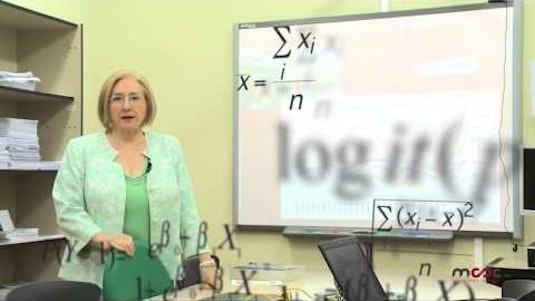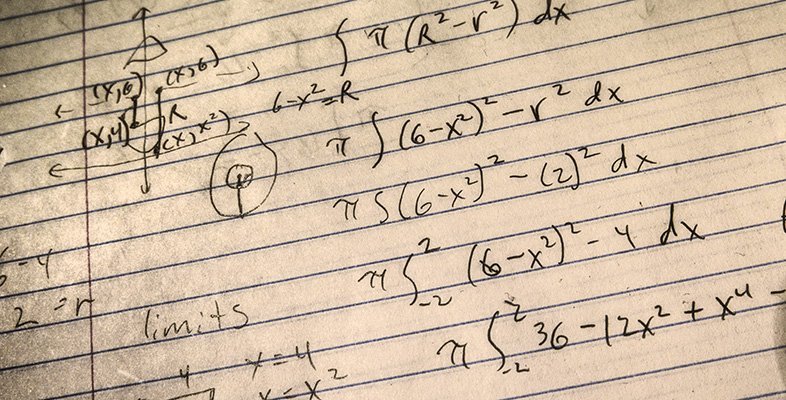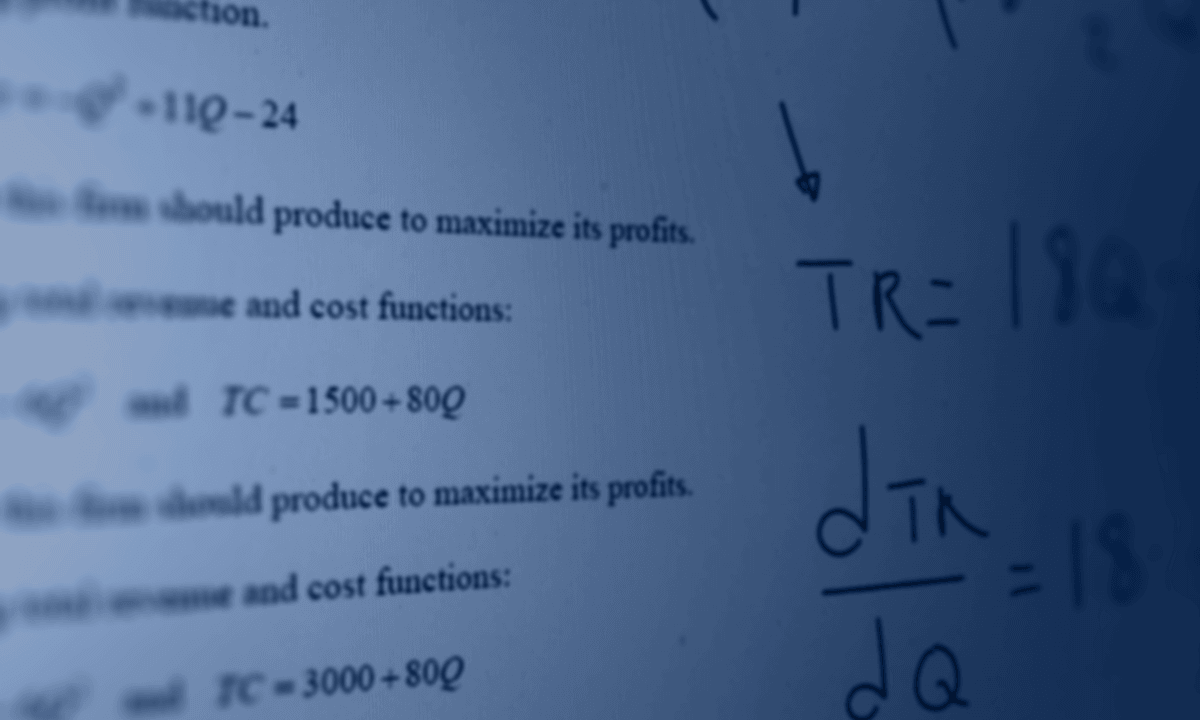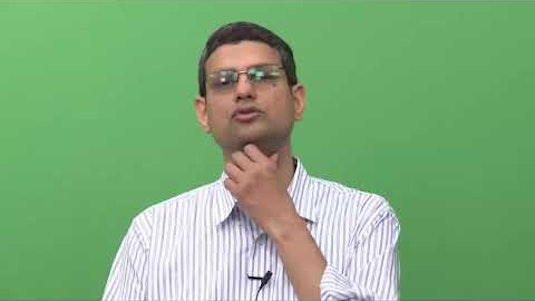
Complex Analysis with Physical Applications
Description
The course is for engineering and physics majors.
You will learn how to build the solutions of important in physics differential equations and their asymptotic expansions.
The main topics include:
1. Introduction to asymptotic series.
2. Special functions.
3. Saddle point techniques.
4. Laplace method of solving differential equations with linear coefficients.
5. Stokes phenomenon.
The course instructors are active researchers in a theoretical solid state physics. Armed with the tools mastered while attending the course, the students will have solid command of the methods of tackling differential equations and integrals encountered in theoretical and applied physics and material science.
Tags
Syllabus
- Asymptotic series as approximation of definite integrals.
- Examples, optimal summation Taylor vs asymptotic expansions.
- Zero term and full Laplace asymptotic series.
- Asymptotics of Error and Fresnel integrals.
- Euler Gamma function: definition, functional equation and analytic continuation.
- Hankel representation for Gamma-function.
- Beta and digamma functions.
- Asymptotic expansions.
- Application of Gamma functions for the computation of integrals.
- Introduction to the method of saddle point approximation.
- The search for optimal deformation of the contour.
- Full asymptotic series.
- Elementary applications of the saddle point approximation.
- Subtleties of a contour deformation.
- Contribution of end points.
- Higher order saddles.
- Coalescent saddle and pole.
- Construction of the solution of the differential equations with linear coefficients in terms of Laplace type contour integrals.
- Examples of solutions of second order differential equations
- The general outline of the technique.
- 1D Coulomb potential
- Harmonic oscillator, method 1
- Restricted harmonic oscillator
- Harmonic oscillator, method 2
- Solution of Airy's equation by asymptotic series.
- WKB approximation for solution of wave equations.
- Asymptotics of Airy's function in the complex plane.
- Stokes phenomenon.
- Solutions of the differential equations of higher order by Laplace method.
- More complicated examples.
- Killer problems

Complex Analysis with Physical Applications
-
TypeOnline Courses
-
ProviderEdX
The course is for engineering and physics majors.
You will learn how to build the solutions of important in physics differential equations and their asymptotic expansions.
The main topics include:
1. Introduction to asymptotic series.
2. Special functions.
3. Saddle point techniques.
4. Laplace method of solving differential equations with linear coefficients.
5. Stokes phenomenon.
The course instructors are active researchers in a theoretical solid state physics. Armed with the tools mastered while attending the course, the students will have solid command of the methods of tackling differential equations and integrals encountered in theoretical and applied physics and material science.
- Asymptotic series as approximation of definite integrals.
- Examples, optimal summation Taylor vs asymptotic expansions.
- Zero term and full Laplace asymptotic series.
- Asymptotics of Error and Fresnel integrals.
- Euler Gamma function: definition, functional equation and analytic continuation.
- Hankel representation for Gamma-function.
- Beta and digamma functions.
- Asymptotic expansions.
- Application of Gamma functions for the computation of integrals.
- Introduction to the method of saddle point approximation.
- The search for optimal deformation of the contour.
- Full asymptotic series.
- Elementary applications of the saddle point approximation.
- Subtleties of a contour deformation.
- Contribution of end points.
- Higher order saddles.
- Coalescent saddle and pole.
- Construction of the solution of the differential equations with linear coefficients in terms of Laplace type contour integrals.
- Examples of solutions of second order differential equations
- The general outline of the technique.
- 1D Coulomb potential
- Harmonic oscillator, method 1
- Restricted harmonic oscillator
- Harmonic oscillator, method 2
- Solution of Airy's equation by asymptotic series.
- WKB approximation for solution of wave equations.
- Asymptotics of Airy's function in the complex plane.
- Stokes phenomenon.
- Solutions of the differential equations of higher order by Laplace method.
- More complicated examples.
- Killer problems
Related Courses


Algebra and Differential Calculus for Data Science

Estadística para investigadores: Todo lo que siempre quiso saber

An introduction to complex numbers

Bayesian statistics

Linear Regression in R for Public Health

Take off with Stats in Python

Math for MBA and GMAT Prep

Linear Algebra II: Matrices and Linear Transformations

Differential Calculus

Basic Statistics


 Online Courses
Online Courses  EdX
EdX
